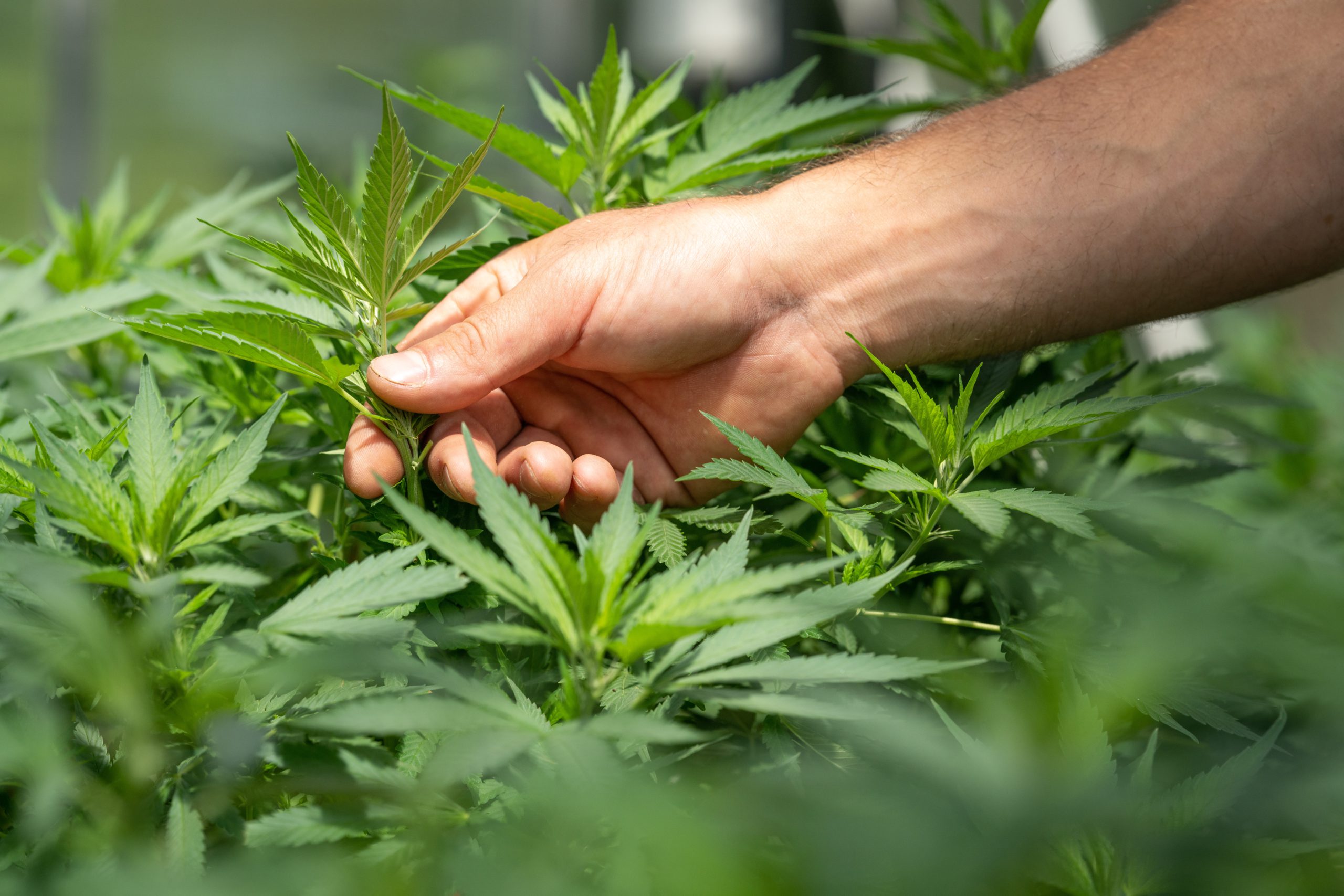A study from a UBC Northern Medical Program Professor found that the 2018 legalization of cannabis did not affect the number of traffic injuries in Canada.
Dr Russ Callaghan said that his project looked at emergency department data in Alberta and Ontario between 2015 and 2019, as those were the only provinces reporting all emergency department visits in the general public.
“I was surprised at that because I thought we would see some increase associated with cannabis legalization but we didn’t see any increase among all drivers or youth drivers.”
Callaghan said that there was a reported increase in users of cannabis after legalization, but the number of people reported driving within two hours of cannabis use has gone down.
He added that there could be a couple of factors at play there, noting that the federal government put out a campaign warning people not to drive high.
“Bill 46 came into force just a couple of months after cannabis legalization, so in December of 2018. And this particular bill imposed much more severe penalties for cannabis and alcohol-impaired driving.”
Callaghan said that more studies need to come out to solidify these findings.
The United States has mixed studies revolving around cannabis use and traffic collisions, with some studies saying there has been no impact, and others saying there has been an impact.
Callaghan noted that even if his study shows there was no impact, it will take time to see the full scope and effects that cannabis legalization has had on Canada.
A follow-up study is being put together to look at how traffic fatalities could have been impacted by cannabis legalization, and the results of this study are expected to be available this summer.
Something going on in the Prince George area you think people should know about?
Send us a news tip by emailing [email protected].






